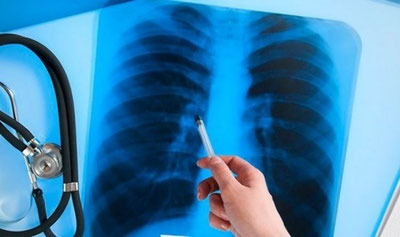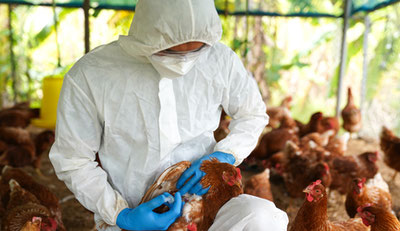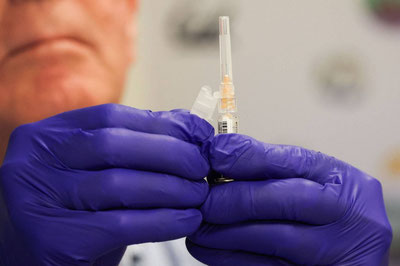To prevent overheating of the body in the heat, it is extremely important to carefully choose the foods in our diet. It's also important not only to drink more fluids but also to make the right choice.
The Head of the Department of Environmental Diplomacy of the Ministry of Health, Abdukayum Tokhtakulov, shared his recommendations on this matter.
"On extremely hot days, it's important to drink enough fluids throughout the day to prevent dehydration, even if you don't feel thirsty," says the specialist.
According to general recommendations, you should drink 2.5-3 liters of fluid per day, but this amount may increase depending on physical activity and air temperature. When going outside, you should always carry water with you.
Plain clean water is considered the best drink. Instead of cold water, it is preferable to drink room temperature or slightly cool water. Water at 36-37 degrees improves metabolism and intestinal function in the body.
Sugar-free green tea quenches thirst better than other beverages. Herbal teas (mint, chamomile), unsweetened compotes made from sour fruits (cherries, apples, currants, cranberries), and water with the addition of ayran, kefir, and lemon are also beneficial. These drinks provide the body with minerals and vitamins.
Products with a high water content, such as cucumbers, watermelons, and melons, contribute to hydration. Thanks to the electrolytes in milk, it can be beneficial.
However, some drinks should be avoided in the heat, as they not only do not quench thirst but can also exacerbate dehydration.
Including:
- carbonated drinks, packaged juices with a high sugar content;
- alcoholic beverages;
- beverages with a high caffeine content (coffee, some types of tea, energy drinks);
- very cold (ice-cold) drinks.
- In addition, on hot days, it is recommended to consume easily digestible food in smaller portions and frequently. Special attention should be paid to fruits and vegetables with a high water content (watermelon, melon, cucumber, celery).
- Cool dishes such as salads, yogurt dishes (for example, okroshka) and cold soups are also beneficial. To replace the salt lost through sweating, it is advisable to consume salty foods. However, processed and highly salty products should be avoided.
- The digestive process itself generates heat in the body. Therefore, avoiding heavy foods that are difficult to digest in the heat helps maintain a low internal body temperature.
- It is recommended to limit heavy, fatty, and protein-rich foods (especially red meat), as their digestion produces more metabolic heat. Fish and vegetable proteins are a lighter option.
- Sweets and pastries can increase the feeling of weakness and thirst. It is necessary to reduce the consumption of thirsty products, such as very salty or smoked meat and fish products, canned goods.
- Although some sources claim that spicy food increases sweating and helps with cooling, there is also no shortage of information that such foods can increase body temperature. In this regard, it is important to know the norm and take into account the individual reaction.






